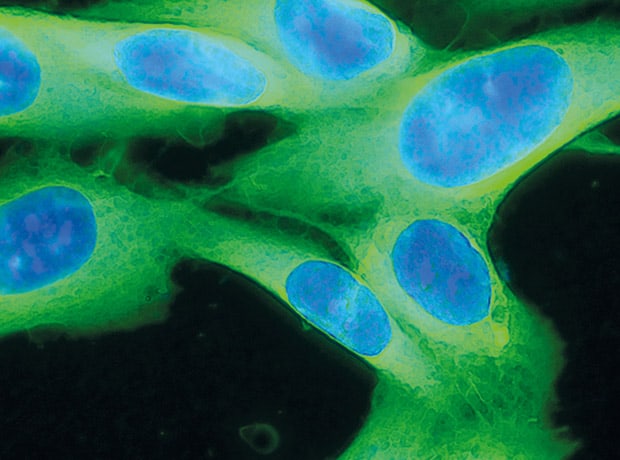Breast cancer is the most common cancer in the UK, accounting for 15% of all cancers.
Researchers from Imperial College London (ICL) have been awarded a £150,715 grant from Breast Cancer Now to investigate the link between breast cancer and breastfeeding in women.
Currently the most common cancer in the UK, breast cancer affects around 55,000 women each year, accounting for 15% of all cancer cases in the UK.
The disease occurs when abnormal breast cells grow uncontrollably and form tumors.
Previous studies have already shown that breastfeeding is linked to a lower risk of developing breast cancer, with data analysis showing that for every 12 months of breastfeeding, the risk of developing breast cancer decreases by 4%.
Researchers speculate that this is because breastfeeding changes hormone balance in the body, protecting breast cells and making them less vulnerable to cancer-causing changes.
In addition, ICL researchers have previously found that the breast milk of women who breastfed for less than four months may contain cells with changes in their DNA that can potentially cause cancer.
Using breast milk samples provided by 300 women participating in the Breast Milk Epigenetics Cohort Study, coordinated by the Human Milk Foundation, the researchers will investigate whether longer-term breastfeeding eliminates these cancer-causing cells, and whether factors such as weight, exercise and smoking are associated with the presence of these cancer-causing cells.
The researchers will test the samples for the presence of cancer cells and plan to continue collecting samples every few months to detect any changes.
“We believe that preventing breast cancer is the best way to reduce the number of deaths from this disease,” said Dr James Flanagan, lecturer in epigenetics at ICL. “We hope to use the knowledge we gain from this research to prevent as many breast cancers as possible.”
Dr Simon Vincent, director of research, advocacy and impact at Breast Cancer Now, said: “We are pleased to be able to fund further research in this area, as this funding will enable us to continue to improve the information and advice we give to women about their risk of breast cancer.”







